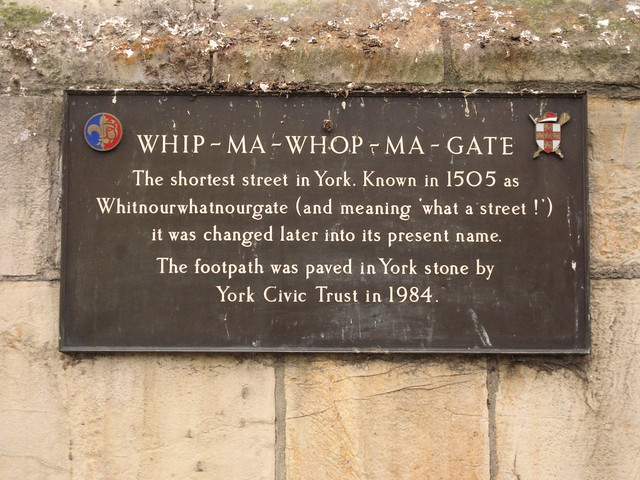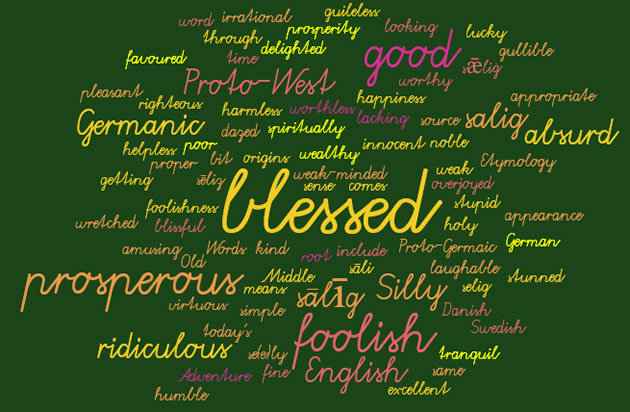Podcast: Play in new window | Download
Today we’re exploring the origins of the word roof.
A roof [ɹuːf / ɹʊf] is:
- the cover of a building
- material used for a roof
- the highest point
- an upper limit
- the vaulted upper boundary of the mouth
It comes from the Middle English rof [roːf] (roof, house, top of the mouth), or from the Old English hrōf [xroːf] (roof, the sky or heavens), from the Proto-Germanic *hrōfą (roof), from the Proto-Indo-European *krāpo- (roof), from *krāwə- (to cover, heap) [source].
Words from the same roots include: roef [ruf] (a cabin on a boat) in Dutch, ruf (deckhouse, doghouse) in Danish, rouf [ʁuf] (deckhouse) in French, strop (ceiling) in Croatian, Czech, Polish, Serbian and Slovenian, and the old Russian word строп [strop] (roof, attic, loft) [source].
Incidentally, the Dutch word roef is only used to refer to a cabin on a river boat. A cabin on a big ship is a kajuit the origins of which are uncertain. It possibly comes from the Old French cabane (cabin, hut, shack, shed) and hutte (hut) [source].
Here’s a video I made of this information:
Video made with Doodly [afflilate link].
I also write about words, etymology and other language-related topics on the Omniglot Blog, and I explore etymological connections between Celtic languages on the Celtiadur.
You can also listen to this podcast on: Apple Podcasts, Amazon Music, Stitcher, TuneIn, Podchaser, PlayerFM or podtail.
If you would like to support this podcast, you can make a donation via PayPal or Patreon, or contribute to Omniglot in other ways.












